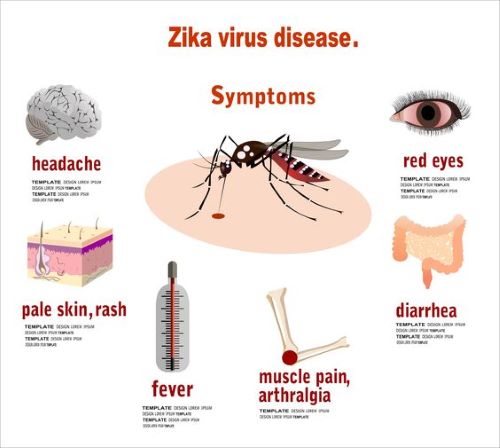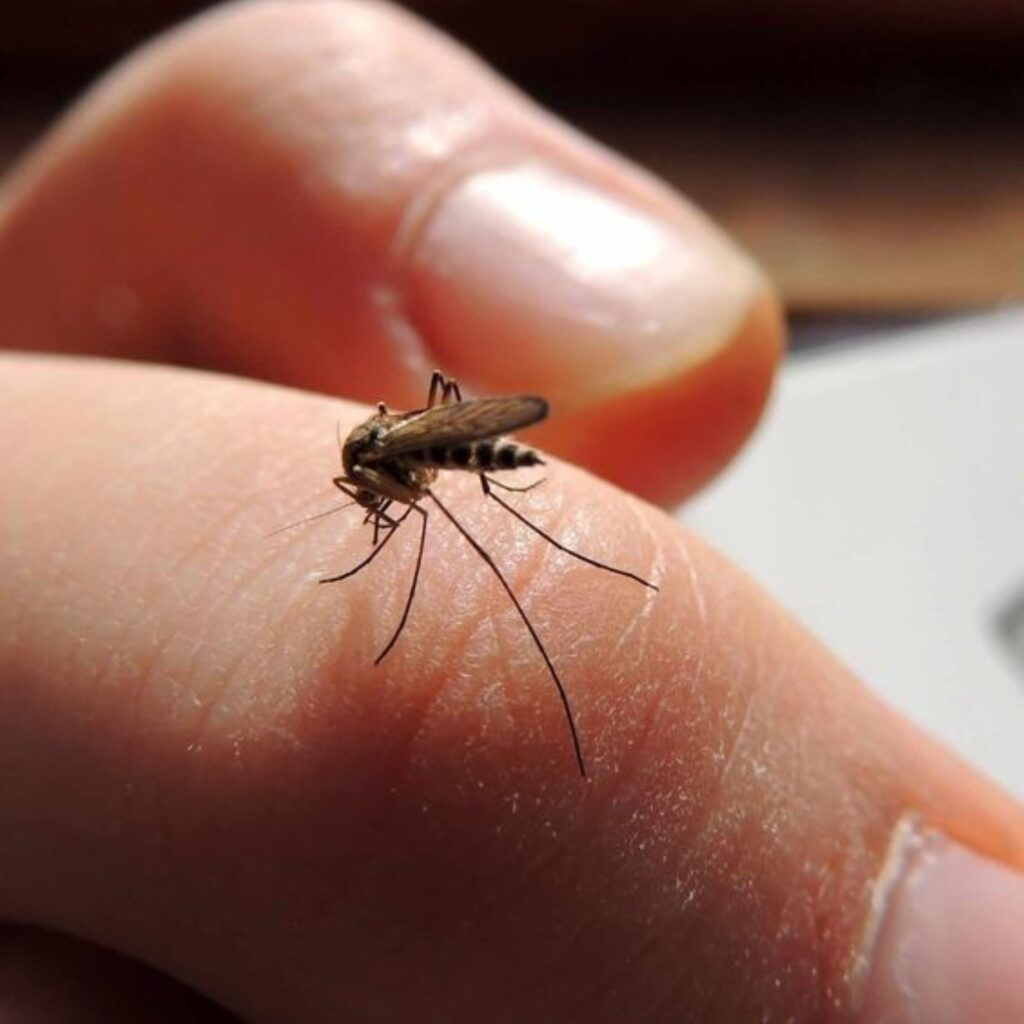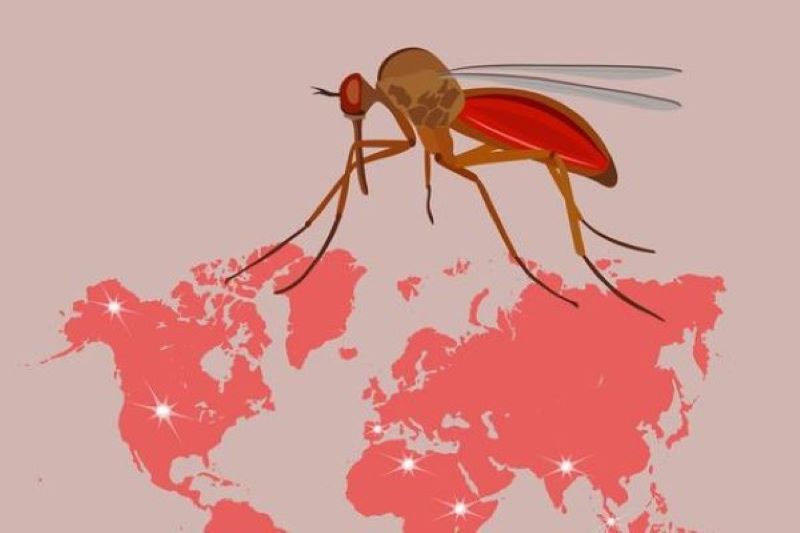Zika Virus: In recent years, the Zika virus has attracted significant attention worldwide due to its potential health risks, especially to pregnant women and their unborn children. Understanding the symptoms of Zika virus infection is important for early detection and timely medical intervention. This comprehensive guide aims to highlight the signs, symptoms, and steps to take if you suspect Zika virus infection.
What is the Zika virus?
Zika virus is primarily spread by the bite of infected Aedes species of mosquito, which is also known to spread other diseases such as dengue and chikungunya. In addition to mosquito bites, Zika virus can also be spread through sexual contact and from a pregnant woman to her fetus.
Common symptoms of Zika virus

1. Fever:
One of the early symptoms of Zika virus infection is a mild to moderate fever, which usually lasts for a few days.
2. Rash:
Zika virus infection is often accompanied by a characteristic rash. It may appear as small red spots or raised bumps spreading across the body.
3. Joint and muscle pain:
Zika virus infection can cause joint pain similar to arthritis, especially affecting the hands and feet. Muscle pain and headaches are also common.
4. Conjunctivitis (red eyes):
Redness in the eyes, known as conjunctivitis, is another frequent symptom of Zika virus infection.
5. Other symptoms:
Some individuals may experience gastrointestinal symptoms such as stomach pain, diarrhea, or vomiting.
Symptoms in Pregnant Women
For pregnant women, Zika virus infection poses unique risks. It can be transmitted from mother to fetus during pregnancy or delivery, potentially causing serious birth defects such as microcephaly – a condition where the baby’s head is smaller than expected, indicating improper brain development.
When to seek medical help
If you experience any of the above symptoms and have recently traveled to or live in an area with active Zika virus transmission, it is important to consult a healthcare professional immediately. Early diagnosis and proper medical care can help manage symptoms and reduce potential complications.
Diagnosis and treatment
The diagnosis of Zika virus infection usually involves a combination of clinical evaluation, symptom assessment, and laboratory testing. Given that the symptoms of the Zika virus can be similar to those of other mosquito-borne diseases such as dengue and chikungunya, healthcare providers may recommend specific tests to confirm the presence of the virus.

Diagnostic tests:
Blood and urine tests are commonly used to detect Zika virus RNA or antibodies. These tests are most accurate within the first week after symptoms begin. Molecular tests, such as PCR (polymerase chain reaction), can identify the genetic material of the virus in blood or urine samples. Serological tests detect Zika virus-specific antibodies produced by the immune system in response to infection.
Treatment:
Currently, there is no specific antiviral treatment for Zika virus infection. Treatment focuses primarily on reducing symptoms and providing supportive care. Healthcare providers may recommend:
• Rest and hydration:
Get plenty of rest and drink fluids to prevent dehydration.
• Pain relief:
Over-the-counter medications such as acetaminophen (Tylenol) can help reduce fever and ease joint and muscle pain.
• Monitoring and follow-up:
Pregnant women and individuals with severe symptoms may require close monitoring and follow-up care.
In cases where complications arise, such as Guillain-Barré syndrome (a rare neurological condition associated with Zika virus infection) or severe manifestations in pregnancy, special medical care may be necessary. It is essential to consult healthcare professionals for individual guidance and management.
prevention tips
Preventing mosquito bites is the most effective way to reduce the risk of Zika virus infection:
• Use mosquito repellent:
Apply EPA-registered mosquito repellent containing DEET, picaridin, or IR3535.
• Wear protective clothing:
Cover exposed skin with long sleeves, pants, and socks, especially during hours of peak mosquito activity.
• Eliminate mosquito breeding sites:
Regularly empty stagnant water from containers around your home and ensure screens on windows and doors are intact.
Conclusion
Awareness of the symptoms of the Zika virus is important for the early detection and management of this infectious disease. By recognizing the symptoms—fever, rash, joint pain, and red eyes—and understanding the risks associated with Zika virus infection, individuals can take proactive measures to protect themselves and their community. If you suspect that you or someone you know has the Zika virus, seek medical advice immediately to get appropriate care and guidance.
To reduce the spread of the Zika virus in affected areas, stay informed, remain vigilant, and prioritize mosquito bite prevention. Together, we can contribute to healthier communities and reduce the impact of this global health concern.
Remember, knowledge and awareness are our best defenses against Zika virus infection.

